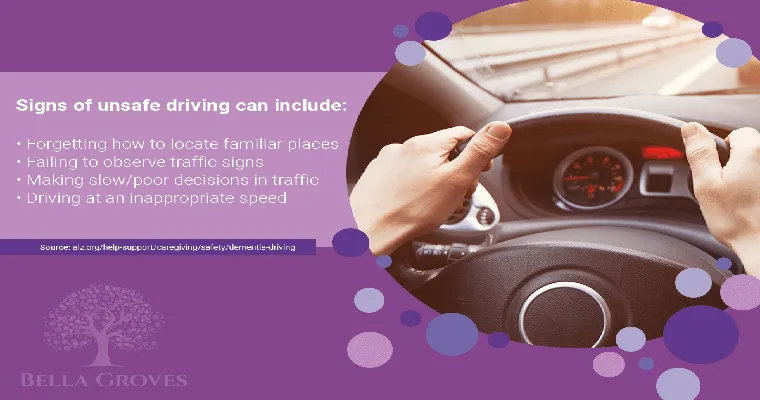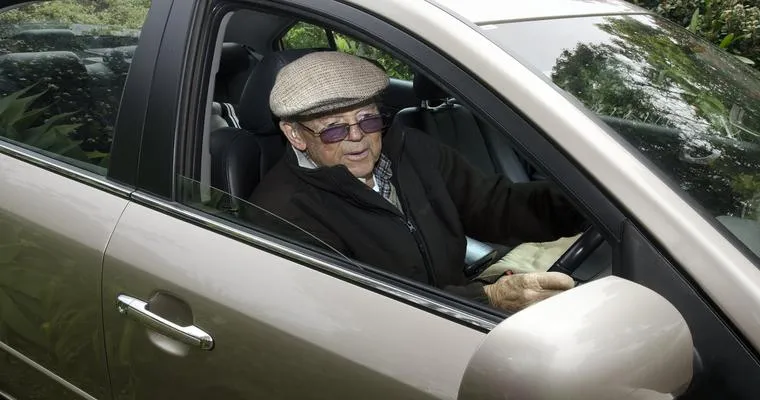The question of whether someone with "dementia" should be "driving" is a complex and sensitive issue that affects families, caregivers, and society as a whole. As the cognitive abilities of individuals with dementia decline, their capacity to operate a vehicle safely can become compromised. Understanding the implications of driving with dementia is crucial for ensuring the safety of both the driver and the community.
Dementia is a progressive condition that impacts memory, thinking, and behavior. As the disease advances, individuals may experience confusion, impaired judgment, and difficulty with spatial awareness. These symptoms can directly affect a person's ability to drive safely. Therefore, it is essential for families and caregivers to assess the situation carefully and consider the following factors.
"Cognitive Decline and Driving Skills"
The ability to drive requires a range of cognitive functions, including attention, memory, and decision-making. People in the early stages of dementia may still possess the skills needed for driving, but as the condition progresses, these abilities often diminish. It is important to monitor changes in driving behavior, such as getting lost in familiar areas, difficulty following traffic signals, or increased confusion during driving.
"Legal Considerations"
In many regions, there are laws and regulations governing the ability of individuals with dementia to drive. Medical professionals may be required to report a diagnosis of dementia to the relevant authorities. It is essential for caregivers and family members to be aware of local laws regarding driving and dementia, as this can have legal implications for both the individual with dementia and their caregivers.
"Assessing Fitness to Drive"
If you suspect that a loved one with dementia may no longer be fit to drive, a formal assessment may be necessary. Various organizations and medical professionals offer evaluations specifically designed to determine a person's driving capabilities. These assessments typically involve cognitive testing, behind-the-wheel evaluations, and discussions about the individual's driving history.
"Communication is Key"
Discussing the topic of driving with someone who has dementia can be challenging. It is essential to approach the conversation with empathy and understanding. Encourage open dialogue about their feelings regarding driving, and share your concerns in a respectful manner. This approach can help in making a mutual decision about their driving abilities and safety.
"Alternatives to Driving"
If it becomes clear that driving is no longer a safe option, it is crucial to explore alternatives. Public transportation, rideshare services, and community programs can provide individuals with dementia the mobility they need without the risks associated with driving. Additionally, consider involving family and friends in providing transportation support, ensuring that the individual maintains their independence and social connections.
"Conclusion"
Ultimately, the decision about whether someone with dementia should be driving is multifaceted and must be approached with care. Monitoring cognitive changes, understanding legal implications, and communicating openly are all vital steps in this process. Prioritizing safety for both the individual and the community should guide the decision, ensuring that those affected by dementia can continue to live fulfilling lives without jeopardizing their well-being or that of others on the road.





